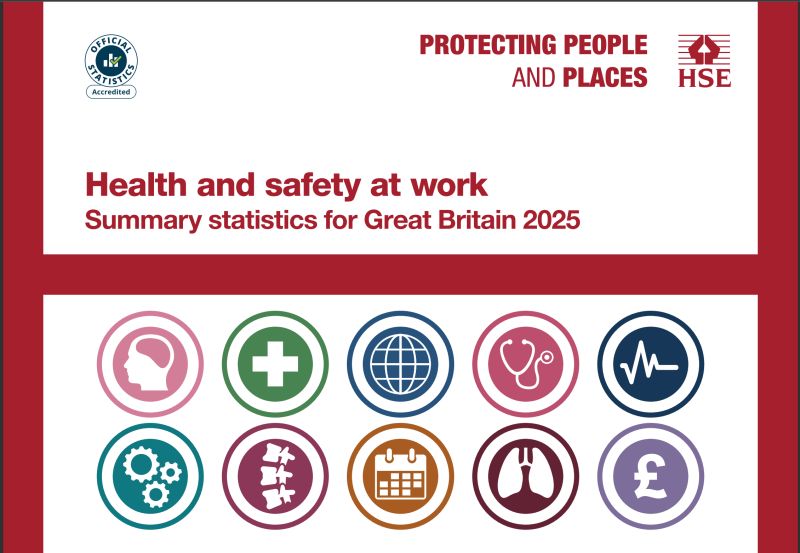The Construction Industry Training Board (CITB) is extending its support for construction workers and employers as the industry transitions away from Industry Accreditation (IA), also known as “grandfather rights.” This transition aligns with the Construction Leadership Council’s (CLC) recommendations, which require all construction industry card schemes to operate with nationally recognised qualifications.
If you hold an IA card, here’s what you need to know about the changes, available funding, and steps to stay compliant.
Why is the Transition Necessary?
The move away from IA cards ensures that all construction workers have qualifications that are nationally recognised, standardising skills across the industry. All IA cards issued from 1 January 2020 will expire on 31 December 2024, after which they can no longer be renewed under the IA system. This change is part of a broader initiative to build a fully qualified and competent workforce, improving safety and quality across the sector.
CITB Grants to Support Your Transition
CITB is offering enhanced grants to reduce the financial burden on employers and workers transitioning to recognised qualifications. These grants are available until 31 March 2026 and include:
- £600 for Level 2-3 Construction NVQs: Supporting workers in achieving foundational qualifications.
- £1,250 for specific supervision NVQ Diplomas/SVQs: Encouraging progression into supervisory roles.
- £1,500 for specific management NVQ Diplomas/SVQs: Incentivising qualifications for leadership positions.
These grants make it easier for workers to up-skill and for employers to invest in their workforce.
Flexible Qualification Options
Workers transitioning from IA cards can achieve their qualifications without attending college. Training providers offer flexible assessment options, including:
- On-Site Assessments: Assessors visit workplaces to gather evidence of competence.
- Online & Remote Assessments: Workers can complete assessments online, providing greater convenience and flexibility.
These options allow individuals to continue working while completing their qualifications, minimising disruption to their roles.
Temporary Red Cards: A Solution for Ongoing Work
Temporary, non-renewable red CSCS cards are available for workers in transition. These cards provide interim access to construction sites while qualifications are being completed, ensuring that individuals can continue working without interruption.
For those with existing qualifications or memberships, there may be eligibility for other CSCS cards, offering additional pathways to compliance.
Deadlines to Remember
The key deadline for IA cardholders is 31 December 2024. After this date, IA cards will no longer be valid. Workers who have not transitioned to a recognised qualification by this deadline risk losing access to sites, highlighting the urgency of starting the process now.
Employers can claim CITB grants to recover costs for supporting their workers in gaining qualifications, making it easier to invest in workforce development.
Building a Fully Qualified Workforce
The collaboration between CITB and CSCS has already significantly reduced the number of active IA cards, from 60,000 to approximately 16,000. This progress underscores the commitment to achieving a fully qualified workforce while providing robust support to those still in transition.
Why Act Now?
Transitioning from IA cards is not just about compliance—it’s about contributing to a safer, more skilled construction industry. By taking advantage of the extended CITB grants and flexible qualification options, workers and employers can ensure they meet industry standards while filling critical roles in supervision and management.
Next Steps
If you or your employees hold an IA card, don’t delay. Start the transition process today by:
- Exploring Qualification Options: Identify the Construction NVQs or SVQs required for your role.
- Working with Acadame: Arrange assessments that suit your schedule.
- Applying for Grants: Maximise the financial support available through CITB grants and funding.
Let’s work together to build a fully qualified, safer, and more efficient construction workforce.




